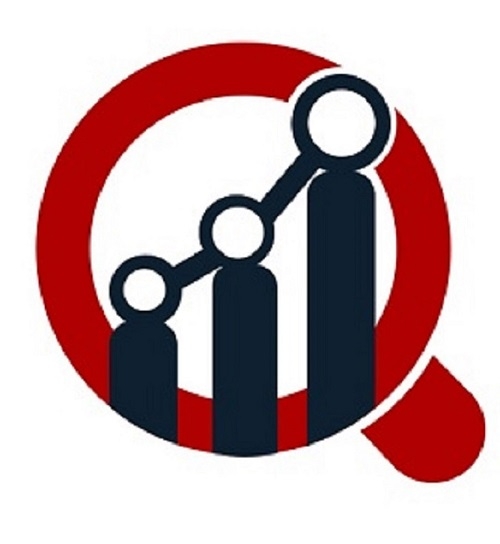The Digital Printing Market was valued at USD 29.25 billion in 2023 and is projected to grow from USD 31.3 billion in 2024 to USD 52.8 billion by 2032, exhibiting a compound annual growth rate (CAGR) of 6.70% during the forecast period (2024 - 2032). The market is gaining significant momentum due to technological advancements in the packaging and textile sectors, along with the decreasing per-unit cost of digital printing, making it a highly attractive alternative to traditional printing methods.
Digital printing offers major advantages such as high-speed production, customization capabilities, minimal setup times, and superior print quality, which are contributing to its rising adoption across industries. Additionally, sustainability concerns and the demand for short-run printing are further pushing industries to embrace digital printing solutions.
Get FREE Sample Report:
https://www.marketresearchfuture.com/sample_request/10622
Market Segmentation:
By Technology:
- Inkjet Printing: Dominates the market with applications in large-format graphics, packaging, textile printing, and commercial printing due to its versatility and high image quality.
- Laser Printing: Preferred for fast, high-volume, and precise printing tasks, especially in office and commercial environments.
By Application:
- Packaging:
- Labels: Growth driven by the need for customized and short-run label printing.
- Corrugated Packaging: Expansion fueled by the boom in e-commerce and demand for personalized boxes.
- Textile Printing:
- Adoption of digital printers for producing customized fashion apparel, home décor fabrics, and sportswear.
- Advertising and Marketing:
- Posters, banners, and point-of-sale materials leveraging vibrant colors and rapid turnaround times.
- Education and Publishing:
- Short-run book printing and educational materials moving towards digital formats for flexibility and cost-efficiency.
By Ink Type:
- Solvent-based Inks: Used for outdoor applications needing durability and resistance to weather.
- UV-curable Inks: Gaining popularity for high-end, eco-friendly printing applications.
- Dye Sublimation Inks: Common in textile and soft signage printing.
- Aqueous Inks: Preferred for indoor uses such as fine art prints and posters.
Regional Insights:
- North America holds a significant share, supported by strong demand in packaging, advertising, and textile applications, especially in the United States and Canada.
- Europe is a mature market where countries like Germany, Italy, and the United Kingdom are focusing on sustainable packaging and customized printing solutions.
- Asia-Pacific is anticipated to be the fastest-growing region, with countries like China, India, and Japan investing heavily in digital textile printing and expanding their e-commerce and packaging industries.
- Latin America and the Middle East & Africa are gradually adopting digital printing technologies, mainly driven by developments in retail, marketing, and small-scale publishing sectors.
The increasing integration of IoT, cloud-based workflows, and automated digital presses is further transforming the digital printing landscape, enhancing efficiency, reducing waste, and allowing real-time customization.
Get Related Reports:
